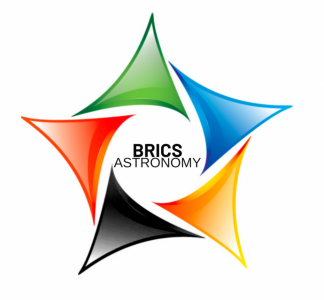Thematic Focus Area: Ideas for strengthening BRICS astronomy into the future
October 29-31, 2018
The BRICS Astronomy Workshop and Working Group meeting was held in Ekaterinburg, Russia, on 5-8 September 2016. The workshop was on the theme: Astronomical Data and Computation, hosted successfully by the Ural Federal University, Ekaterinburg. India offered to host the third BAWG meeting, coupled to a workshop on Astronomy Infrastructure and Instrumentation. The theme is influenced by the BRICS Science, Technology, and innovation work plan 2015-18 adopted on 28 October 2015 and modified on 8 October 2016 which among other initiatives suggested “Promotion of the coordination within large-scale research infrastructure to support initiatives leading to efficient use and development of mega-science projects. Relevant Working Group should elaborate appropriate mechanisms, such as BRICS Global Research Advanced Infrastructure Network (BRICS GRAIN).”
The meeting on Astronomy Infrastructure and Instrumentation was held at the Inter University of Astronomy & Astrophysics, Pune, India from 21-23 September 2017. The workshop brought together astronomers from BRICS countries to report on the existing astronomy infrastructure and instruments with a view to further collaboration on future instrumentation as well as present and future mega projects. In addition, discussions were held on furthering human resource development in astronomy through involvement of universities.
The 2018 BRICS Astronomy meeting will be hosted by South Africa, in Durban, Kwa-Zulu Natal, from 29 to 31 October 2018. The thematic focus area for the meeting is: Ideas for strengthening BRICS astronomy into the future.
-
Mission of the BRICS Astronomy Working Group
-
The mission of the BRICS Astronomy Working Group is to promote cooperation between BRICS member countries in the field of astronomy and enabling technologies through joint activities of government, universities, research institutions, and industry, as relevant, to develop astronomical sciences, generate new knowledge, train human capital, develop new technologies and applications, and improve public understanding of science.
